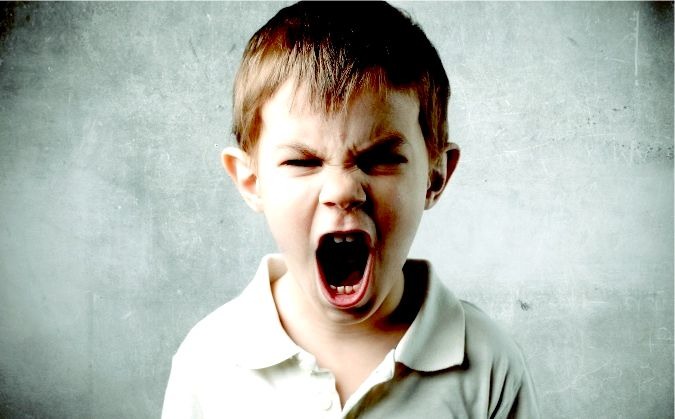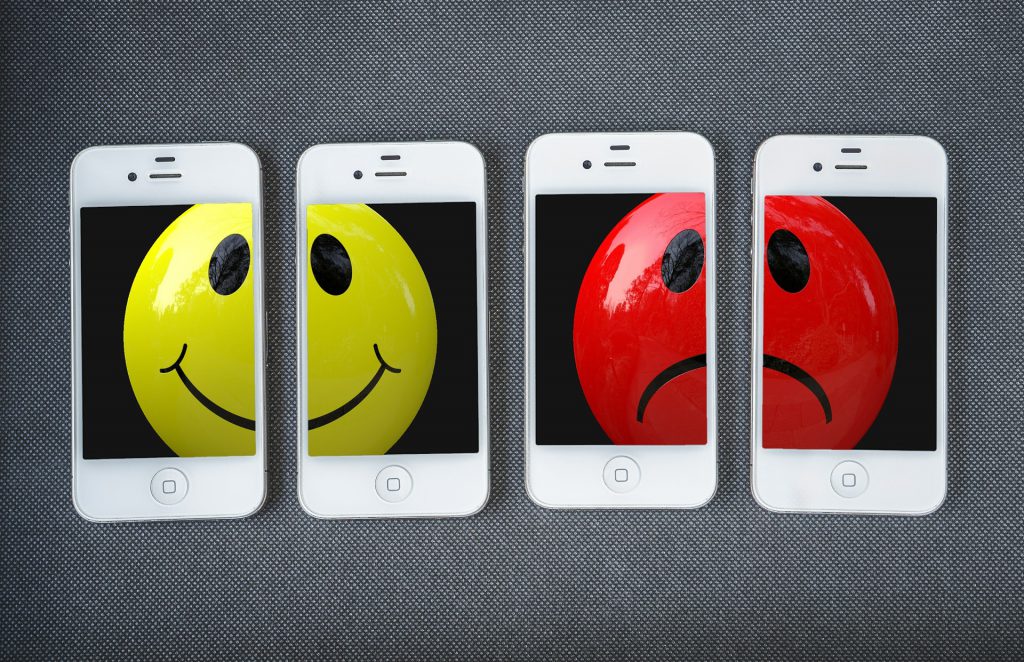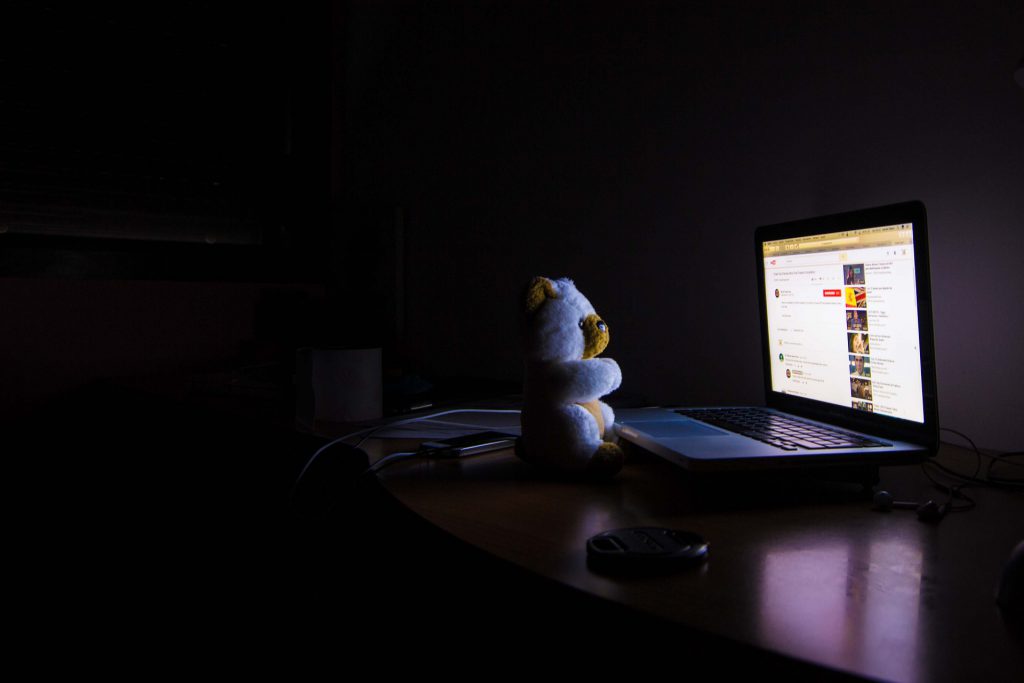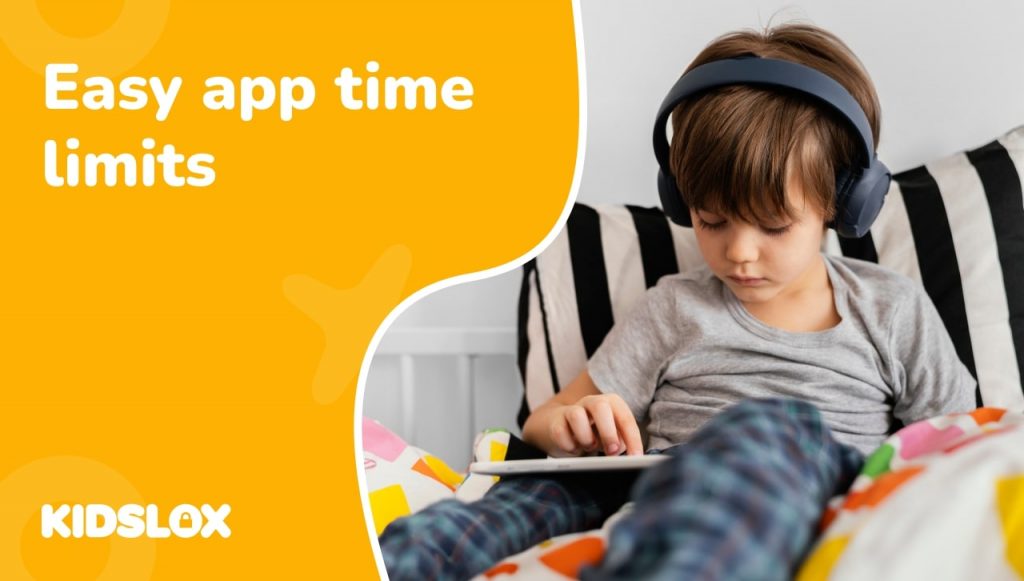As always, parenting is in the news.
David Cameron has said that parents should be given lessons in how to control children. This is an old meme: you need a driving licence to drive a car, so why don’t you need a parenting licence to have kids? We all know the problems with this. Raising children is personal. Parents are not all the same and children are not all the same. And what is the best outcome? Everyone wants happy children, but how do you balance happiness now against happiness in the future? And how do you balance your children’s happiness against your own? How do you balance what children want against what you know will actually make them happy?
At the same time, we have a January shower of miserable stories about digital media. The Telegraph says that nearly half of children are addicted to smartphones or digital media. The charity Action for Children has carried out a study which indicated that 23% of parents say they have trouble controlling their children’s screen time. The Chief Executive of the NSPCC has said that British children are “deeply unhappy”. According to Bob Granleese writing in the Guardian, the reason for this is “screen time”.
Of course, this isn’t totally wrong. We all see the problem with a teenager fiddling with youtube videos deep into the night; or with allowing a child to play a game like Clash of Clans for hours every day. But children are individuals, like us. And, like us, they change. They have different needs at different times.
Sometimes social media is a harmful substitute for face-to-face friendships; and sometimes it isn’t. Sometimes a child “playing Minecraft” is just watching videos, murdering time; and sometimes even just looking at what someone has built is mind-expanding.
The truth is, things are not all gloom.
As a parent, it is hard to work out what is right for each child right now. But it’s not impossible; and you do sometimes get it right.
At Kidslox, we are not pretending to have answers to all this. We are trying to build products that make it as easy as possible to have a sensible amount of control over children’s online lives. But we can only make it easier; we can’t make it perfect. Just as you can only do your best for your children; you can’t protect them from every possible harm.





